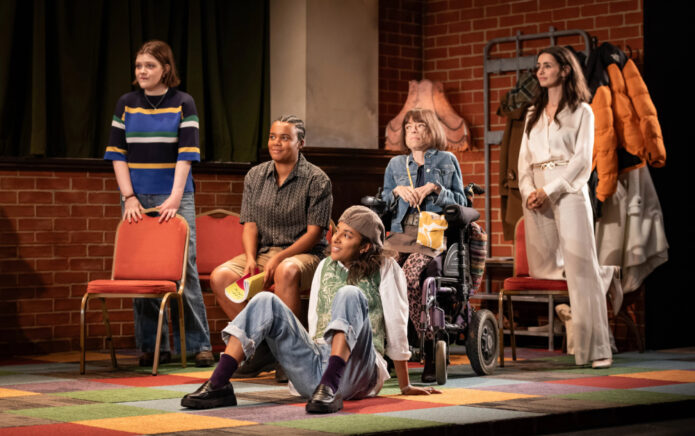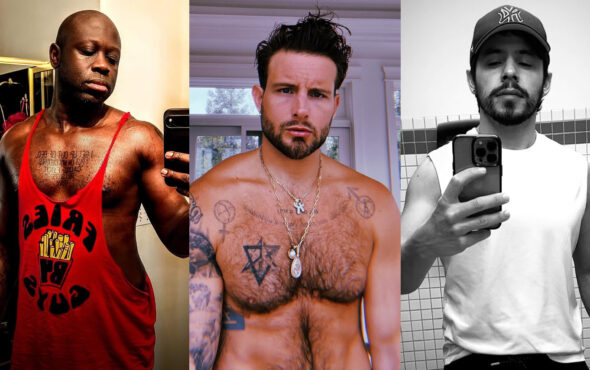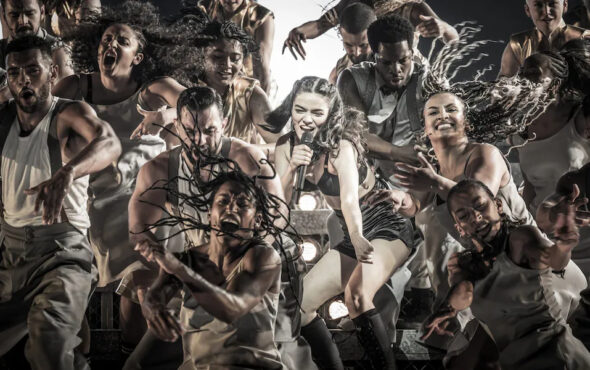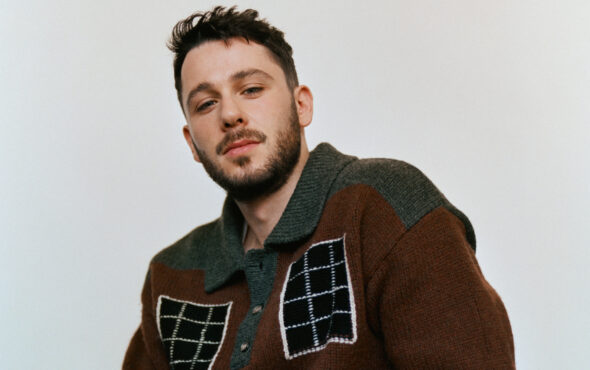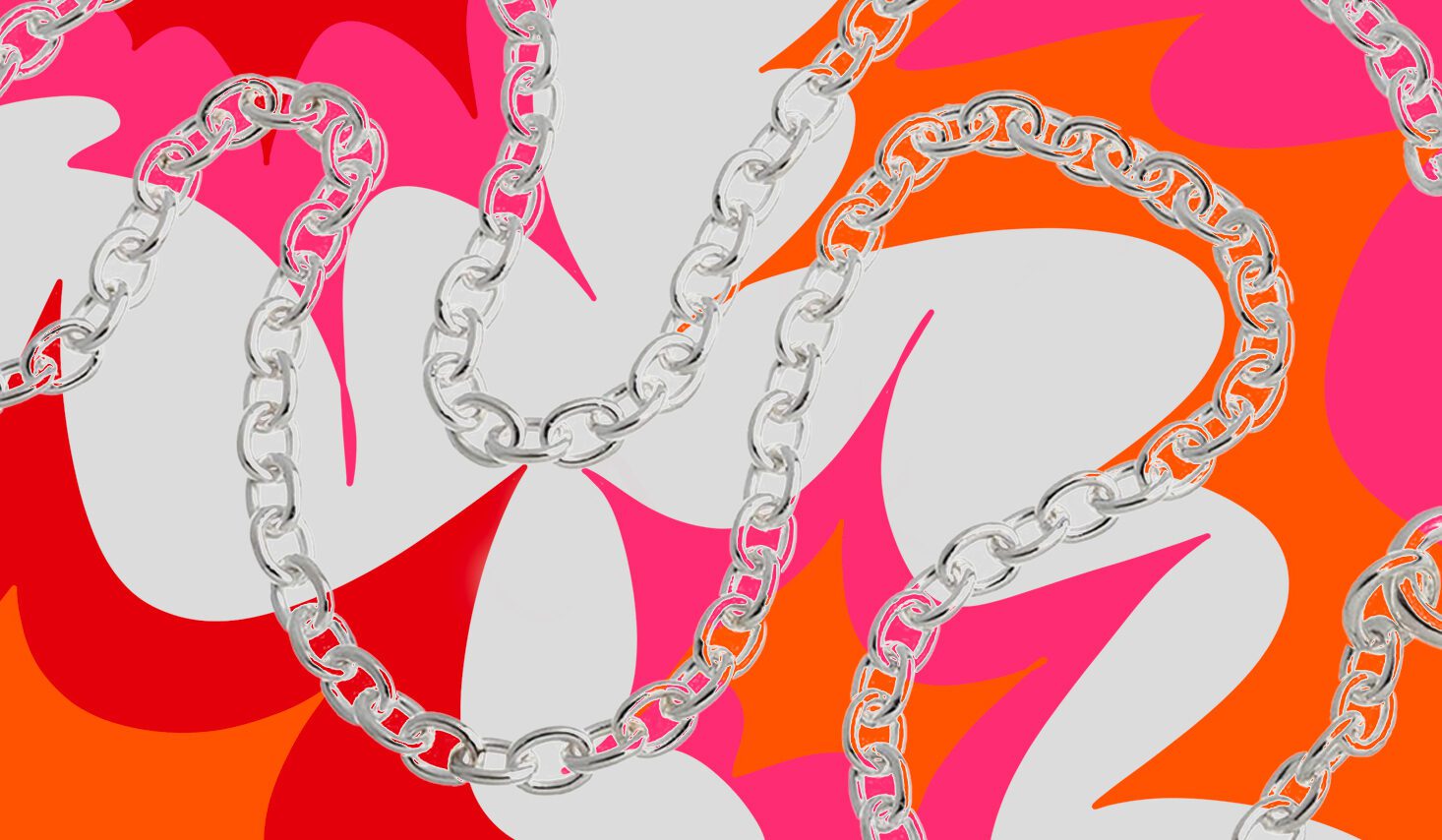
The language we use to describe ourselves is really important. It’s all about asserting ourselves in the world and expressing how we want to be seen by others. It’s saying; “Hey, this is my identity, and these are the words that I’m choosing to use.”
When I first came out, I didn’t use the words “lesbian” or “butch”, both of which I now identify with. Instead, I described myself as “gay”. And that is true: I am a gay woman. But there was a deeper meaning behind my choice. The word “gay” has always felt easier for me to say.
There is still a stigma surrounding the word “gay” and the phrase “that’s so gay” was commonplace throughout my school years. But for me – and my personal experiences – the word “gay” didn’t sting so viscerally in the way that “lesbian” did. I didn’t find myself tip-toeing around it, or avoiding eye contact when I said it. It felt less personal to me, perhaps because there wasn’t so much misogyny attached to it.
In avoiding the word “lesbian”, I could bypass those memories of school boys fetishising “girl-on-girl” porn, as if those women were just objects. Or the way the kids laughed behind the back of our P.E. teacher, who was assumed to be a lesbian. And even the way that you could be accused of being a lesbian just for playing football, with the implication being that this was a bad thing. (I actually love how many lesbians play football.)
I didn’t dare go near the word “butch” either, even though I felt intrinsically masculine. I knew that butch lesbians, with their short hair and menswear, reflected how I felt inside, but what about the way people spoke about butch lesbians? They were such low currency. To be butch was to be unattractive, intimidating and, essentially, not worthy of love.
As LGBTQIA+ people, we absorb the meanings of words, not only from their literal definitions, but also from the way they’re used around us. For many of us, that also means absorbing the shame attached to the language that comes our way. At one point or another, we’ve experienced that familiar sinking feeling: when we realise that the way we feel directly conflicts with the social expectations being voiced around about us.
Even after I came out, I succumbed to those pressures. I stuck to the word “gay”, leaving out the “butch” part altogether. I distanced myself from certain labels – I wore a dress, straightened my hair and make-up to my graduation. When people said things like, “See, you don’t have to look like a man to be a lesbian”, I kept quiet. I was, for them, an acceptable feminine presenting level of gay.
But shame is persistent and if you don’t try to shake it loose, it eats away at you, and sticks by you. Deep down, I knew exactly who I was. I loved the idea of being butch: putting gel in my hair, holding the lapels of my suit, wearing a checked shirt for a morning of DIY. When Netflix released Orange Is the New Black in 2013, it struck a chord with many queer women, trans and non-binary people because of its representation. And it gave me something I’d never seen before: Lea DeLaria’s Big Boo, a butch character being portrayed in a positive way, and who the other characters actually liked.
Clothing, hair and the ways we present ourselves to others are a lot more than superficial acts. They are about reflecting how we feel on the inside; they give us dignity and humanity. I recently read Virginia Woolf’s Orlando and, though I wasn’t a fan of her book overall (which is possibly quite an un-lesbian thing to say) one quote stayed with me. “Vain trifles as they seem, clothes have, they say, more important offices than to merely keep us warm,” writes Woolf. “They change our view of the world and the world’s view of us.”
If I spent my life trying to make other people comfortable then the only person who’d regret it would be myself. At the end of the day, I’d be the only person who’d wish that I could have done it differently. So, little by little, I made changes. I started buying men’s clothes. I read Sally Rooney’s Normal People and got a thin silver chain like Connell’s. (Iconic, I know.) I even wrote openly about getting a short haircut.
And I’ve tried to embrace those two words which I avoided because of shame: “butch lesbian”. That, and I’d seen my identity being pitted against the transgender community to express views I don’t agree with. There was an element of reclaiming it for myself, and not wanting my identity to be used to cause other people pain.
But, as I said, shame is persistent. Getting rid of it isn’t a straightforward process. I’ll be proudly holding another woman’s hand in east London, only for a boy on a bike to shout at us: “Lesbians! Do you want a threesome or something?” And I’ll be reminded that, to him, my sexuality is nothing more than the UK’s most-watched category on Pornhub.
Then, on better days – which, to be fair, is most of them by now – I’ll beam into the mirror, with my hands in the pockets of my jeans. Because I know how long it took me to get this far. Connell chain on. Hair slicked back. Checked shirt and DIY ready.
